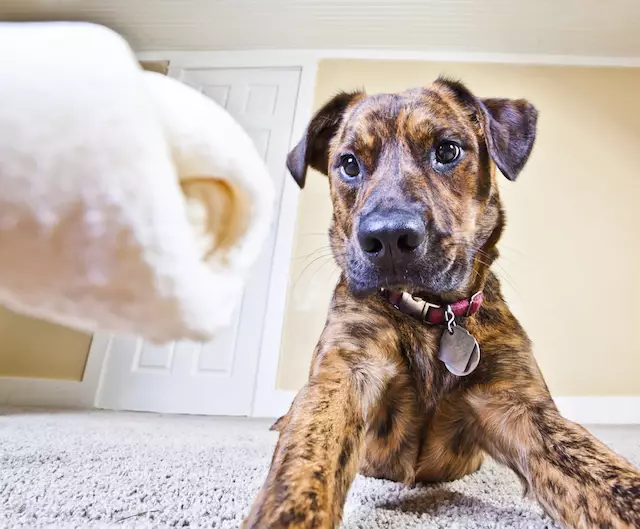Have you ever offered your furry friend a special treat, only to watch in confusion as they quickly retreat, clutching it like a treasure? This behavior can feel like a personal affront, especially when you’re simply trying to show them affection. However, this instinctive reaction is far less about you and far more about the nature of dogs themselves. By diving into the psychology behind this behavior, we gain an understanding that reshapes our perception of their actions and enhances our relationship with them.
Dogs are not just pets; they are descendants of ancient ancestors who thrived in packs and had to tap into their instincts for survival. These evolutionary roots are critical in understanding why many dogs exhibit what is known as resource guarding. In their world, resources—such as food, shelter, and safety—are vital. Essentially, when dogs perceive something as a high-value resource, their natural instincts kick in, prompting them to seek out security and privacy to enjoy their possessions without the threat of competition.
The Evolutionary Instincts at Play
The dilution of domestication has not eradicated the primal instincts with which dogs are born. When your dog senses that a treat is highly desirable, they are tapping into their instinctual drive to protect valuable resources. This perspective shifts the narrative from “my dog is ungrateful” to “my dog is just being a dog.” A dog’s behavior can be understood as a balance between their instinctual need to survive in their pack and their attachment to their human family members.
Interestingly, dogs do not necessarily view their humans as competition in the same way they would other dogs. However, the instinctual echoes of their evolutionary past remain deeply ingrained. A dog sees their valuable treat as something they need to guard, which aligns with their drive for self-preservation within a social hierarchy. They innately know that grabbing the treat and retreating to a quiet spot is a tactic to keep themselves safe.
The Complexity of Resource Value
Not all treats hold the same weight in your dog’s mind. Understanding what constitutes a high-value resource for your dog is crucial. For training or rewards, low-value items like kibble may not elicit the same defensive instincts as a raw meat treat or a favorite chew toy. The more enticing a reward is, the more likely your dog is to treat it as an object to be guarded fiercely.
This idea introduces a fascinating dichotomy in the relationship between your dog and you, the provider of these treasured resources. While your intentions are rooted in kindness—demonstrating love and nurturing by offering your dog something special—your dog’s instincts can create a yoga-like tension between gratitude and guardedness. Recognizing and respecting this instinct is vital for fostering a more trusting bond.
Paving the Way for Enhanced Trust
Instead of feeling disheartened, consider this behavior as an opportunity to build trust with your dog. Recognizing and validating your pup’s need for security can help you refine your approach. Start by offering lower-value resources alongside more coveted items, gradually building your dog’s confidence in your ability to share. If you demonstrate that you respect their space while eating, there’s a greater chance that over time, they’ll learn that you are not a threat.
Moreover, consistency in training can alleviate the stress associated with resource guarding. Teaching commands that encourage sharing or holding onto items without anxiety can help foster a sense of security. While it may seem like an uphill battle, the focus needs to shift from trying to eliminate the behavior to understanding and addressing it proactively.
As humans, we sometimes anthropomorphize our dogs, attributing our thoughts and feelings to them. However, understanding that dogs have their own instincts and behaviors rooted in evolutionary necessity helps bridge the communication gap between species. Rather than fighting against these instincts, we should embrace them, allowing us to forge stronger bonds based on understanding, trust, and respect. Your dog may not see you as a rival for resources, but rather as an integral part of their pack, and when you come to terms with this perspective, the bond you share will only deepen.

